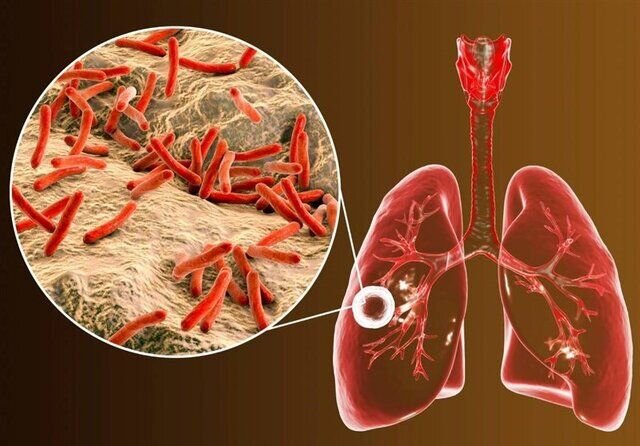Afghan nationals being screened for tuberculosis

TEHRAN – Some 69,000 Afghan nationals have so far been screened for tuberculosis in the city of Zahedan, the capital of southeastern Sistan-Baluchestan province.
A total of 33 patients with TB have been identified so far, ISNA quoted Khodadad Sheikhzadeh, a provincial health official, as saying on Monday.
Previously, a campaign was carried out for three months by the UN High Commissioner for Refugees from January 21 to April 20, in which around 75,000 non-Iranian nationals were screened and 29 patients were diagnosed as having tuberculosis, he added.
On June 22, a new campaign started with the help of the Global Fund and will go on until the end of 2023, the official said.
So far, more than 69,000 Afghan nationals have been screened by Zahedan University of Medical Sciences. Out of 627 suspected cases, 33 patients were diagnosed with TB and they are undergoing treatment, he explained.
Treatment for all
On February 7, the Ministry of Health provided diagnosis and treatment services for people infected with tuberculosis regardless of their nationality.
The infected person will be examined with tests and X-rays, and will receive treatment services completely free of charge, IRNA quoted Mahshid Nasehi, a health ministry official, as saying.
“The important thing is that this issue is not limited to non-Iranians, that is, 30-40 percent of the people who may be covered by vaccination or TB treatment in this program are Iranians," she explained.
“Family members of tuberculosis patients, people with HIV infection, people who have kidney failure and are on dialysis, those who have pulmonary silicosis or are candidates for transplantation, and patients who, due to the treatment process, need suppressive treatments, are the main groups that we are responsible for checking their status,” Nasehi pointed out.
“Other groups such as people who live in underdeveloped areas, homeless people, drug addicts, and immigrants coming from countries with a high prevalence of tuberculosis are also our second priority.”
Vaccination of foreign nationals
A plan for the vaccination of foreign nationals against three contagious diseases was started on December 31, 2022, and is progressing according to the schedule.
The program was started in 27 universities of medical sciences in the country, and fortunately, the work has progressed well and has been welcomed by the target community, Mohsen Zahraei, the head of the preventable diseases department of the Ministry of Health, said on January 11.
By referring to health centers and bases, they receive the oral vaccines of polio, double measles, and rubella, he said.
On December 23, 2022, a national specialized workshop for ‘risk communication and social participation’ was held in order to empower health workers in the supplementary vaccination campaign for the refugee population with the participation of UNICEF.
Considering the Risk Communication and Social Participation Program (RCCE) is one of the most important health promotion programs the program was a combination of information campaigns, health promotion, social mobilization, attracting people participation and other organizations, and establishing effective communication.
Services provided to refugees
For over four decades, Iran has been hosting one of the largest and most protracted refugee situations in the world and has provided asylum to refugees, mostly from Afghanistan.
Iran is home to over 800,000 registered refugees and some 2.6 million undocumented Afghans. Today, more than 500,000 Afghan children- including undocumented Afghans and those who have newly arrived in Iran are benefitting from Iran’s inclusive education policies, one of the most progressive in the world.
Despite the sanctions and economic pressures, Iran continues its comprehensive policy of providing services to refugees, and this is appreciable, UNHCR’s Officer in Charge, Inna Gladkova, said in November 2022.
In the provision of educational services, there are different aspects, she said, adding, "School construction, equipping schools, providing teachers and human resources, and providing quality educational services are the main and important work done by the Ministry of Education."
MT/ MG
